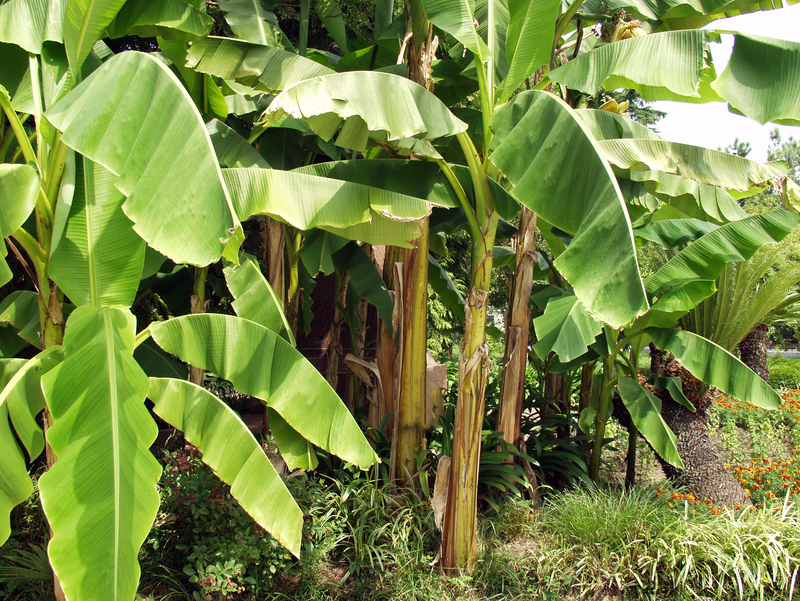Fabrics made from plant-based materials set to boom in collections for the autumn/winter 2022/23 season.
Fabrics made from plant-based materials are set to boom in collections for the autumn/winter 2022/23 season, according to Survey of the European fabric fairs for autumn/winter 2022/23, a 30-page report from the global business information company Textiles Intelligence. In particular, fibres derived from banana, pineapple and agricultural waste will prove to be especially popular.
Environmental sustainability remains important in fabrics for the autumn/winter 2022/23 season. However, unlike in previous seasons, when environmental sustainability often overshadowed design and aesthetics, collections for the autumn/winter 2022/23 season include environmentally sustainable fabrics which combine performance and higher added value.
Also, innovations in artificial leathers, linen fabrics and fabrics made using fibres derived from plant waste are plentiful in collections for the season and demonstrate the versatility of plant materials.
For example, Bananatex, a fabric producer based in Zürich, Switzerland, has produced a range of biodegradable and tear-resistant fabrics made using fibres derived from Abacá, a species of banana plant.
Abacá fibres are extremely durable and naturally resilient. In fact, they are so strong that they are typically used in the manufacture of shipping rope. The plant is native to the Philippine highlands and grown in sustainably managed forests by local farmers to whom Bananatex provides fair wages and secure livelihoods.
Bananatex is in talks with major apparel brands about how the fabric can be applied to accessories, apparel and footwear, having already collaborated with H&M Group. And yet Bananatex is still a relatively young company, having been launched as recently as 2018 following three years of research and development (R&D).
Other manufacturers which have developed innovative plant-based materials include Pyratex, based in Madrid, Spain, which has developed a fabric made using agricultural waste derived from banana cultivation.
Pyratex has also developed a plant-based fabric, called Element I, which is made using fibres extracted from the stalks of wild giant stinging nettle plants. Nettle fibres are naturally strong and breathable and, as a result, garments made from Element I are durable and comfortable to wear. The plants are native to the Nepalese Himalayas and the stalks are harvested annually, which helps to promote root growth and stabilise the soil. This is particularly important in the mountainous Himalayan regions where landslides pose a threat.
The first company to produce plant-based artificial leather at scale is Natural Fiber Welding (NFW), based in Illinois, USA. The company has developed an artificial leather called Mirum, which is made using biopolymers derived from agricultural by-products.
Conventionally, artificial leathers are made using polymers such as polyurethane (PU) or polyvinyl chloride (PVC) which are derived from petroleum. Mirum, by contrast, is made using natural fibres and fillers, including coconut husk fibre, cork powder, natural rubber, rice husk fibre, and vegetable oil.
Linen is also important among plant fibres for the autumn/winter 2022/23 season. In particular, manufacturers are taking advantage of the thermoregulating properties inherent to the fibre which make it well suited to a number of applications for the autumn/winter season.
Demand for linen among consumers has been growing, according to the Confédération Européenne du Lin et du Chanvre (CELC–European Confederation of Flax and Hemp), and it is expected to continue to grow into the autumn/winter 2022/23 season.
The report ‘Survey of the European fabric fairs for autumn/winter 2022/23’ is available for purchase via our Knitting Industry website at the link below.
Survey of the European fabric fairs for autumn/winter 2022/23

Subscribe To Our Newsletter
Join our mailing list to receive the latest news and updates from our team.













